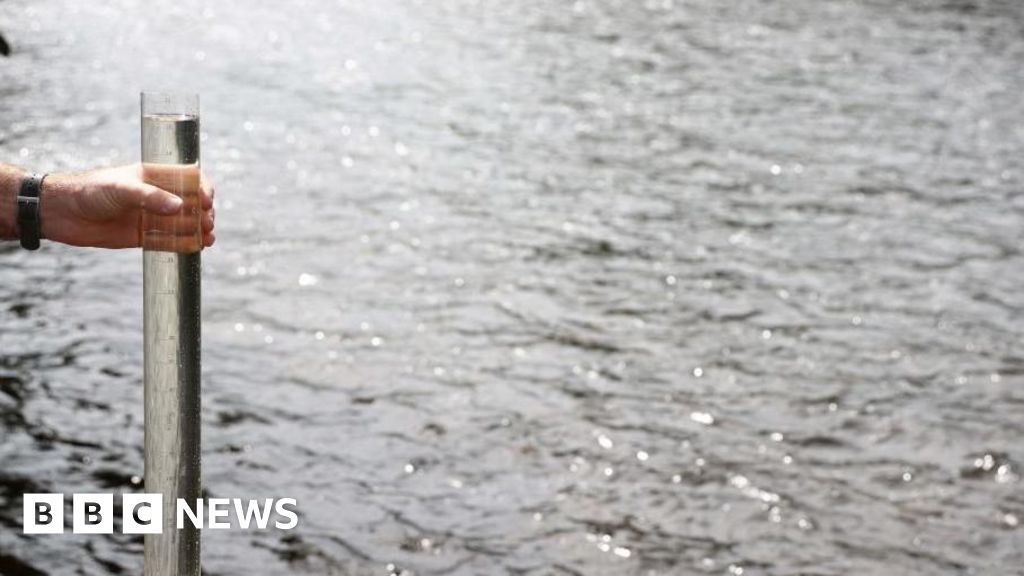ARTICLE AD BOX
Image source, Getty Images
The number of people going into Scotland's shops is still struggling to bounce back from the Covid pandemic, new figures suggest.
Data from the Scottish Retail Consortium shows Scotland's shopper footfall growth was ranked the worst in the UK.
In May, Scottish footfall was 16.4% down on the same month in 2019.
Footfall across the UK has worsened from pre-pandemic levels but the UK average decline was 12.5%.
Counting the number of people who enter a store is an important measure of how many opportunities retailers have to make sales on any particular day.
Stores usually monitor footfall alongside sales to find out how many shoppers were persuaded make a purchase.
David Lonsdale, director at the Scottish Retail Consortium, said the cost-of-living crisis was adding to the problems caused by the pandemic.
He said: "Scotland's fitful footfall slipped back in May compared to the same period prior to the pandemic.
"This left Scotland languishing at the bottom of the UK league table for visits to stores, and still well below the same period prior to the onset of Covid.
"The figures weakened during the latter part of the month, perhaps derailed somewhat by the train drivers' dispute."
Mr Lonsdale said the performance was not uniform across all retail destinations.
Visits to shopping centres improved slightly for a fourth consecutive month.
In Glasgow, footfall in May remained on par with the previous month (11.6% down on 2019 levels).
Its performance was fourth overall in the UK, compared with other cities.
Leeds ranked bottom with a 19% decline but Manchester, Liverpool and Nottingham performed better than Scotland's largest city.
According to the growth table, Scotland's growth ranks bottom compared with the rest of the UK, while north-west England noted the lowest decline, of 8.2%.
England saw the shallowest footfall decline of the UK nations on -11.9%, followed by Northern Ireland (-12.9%), Wales (-16%), and Scotland (-16.4%).

 2 years ago
43
2 years ago
43








 English (US) ·
English (US) ·